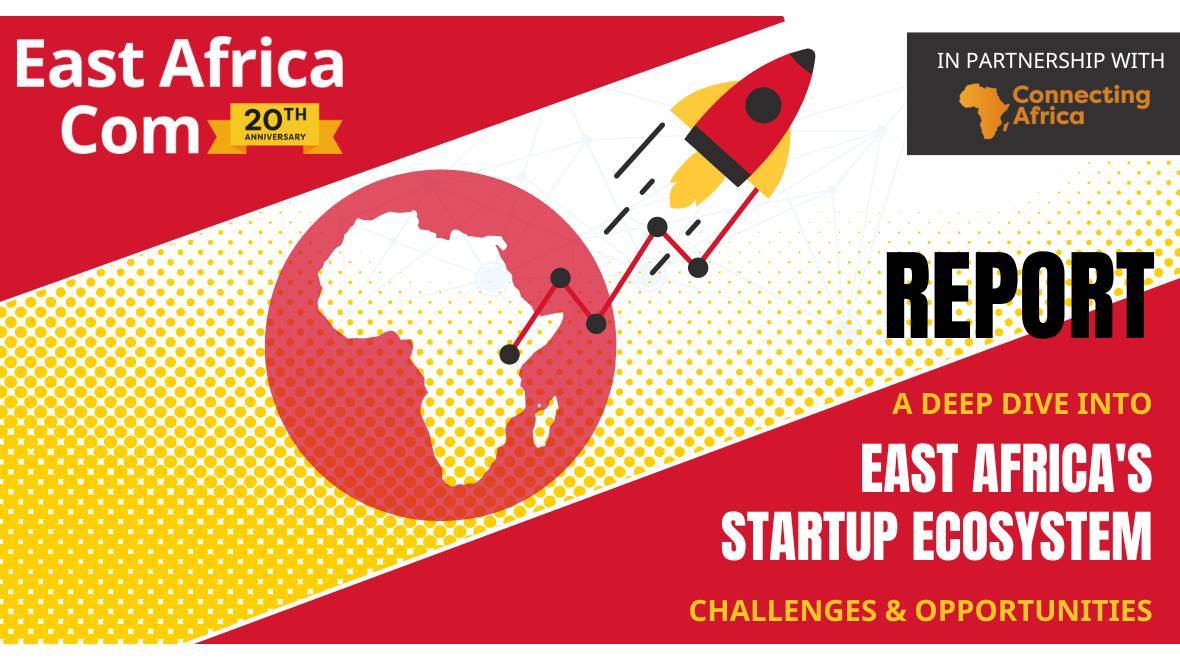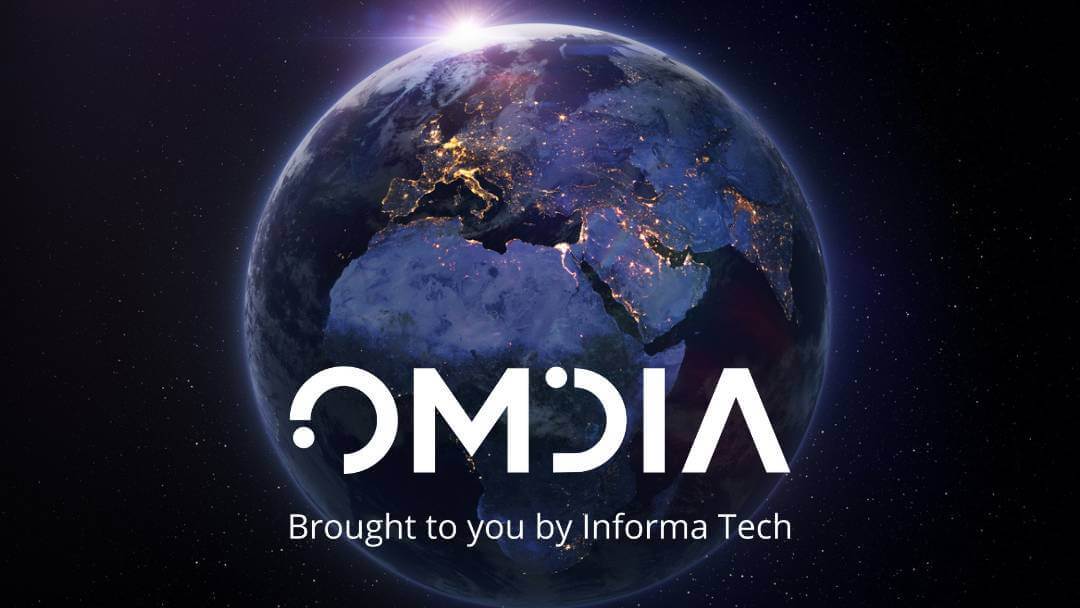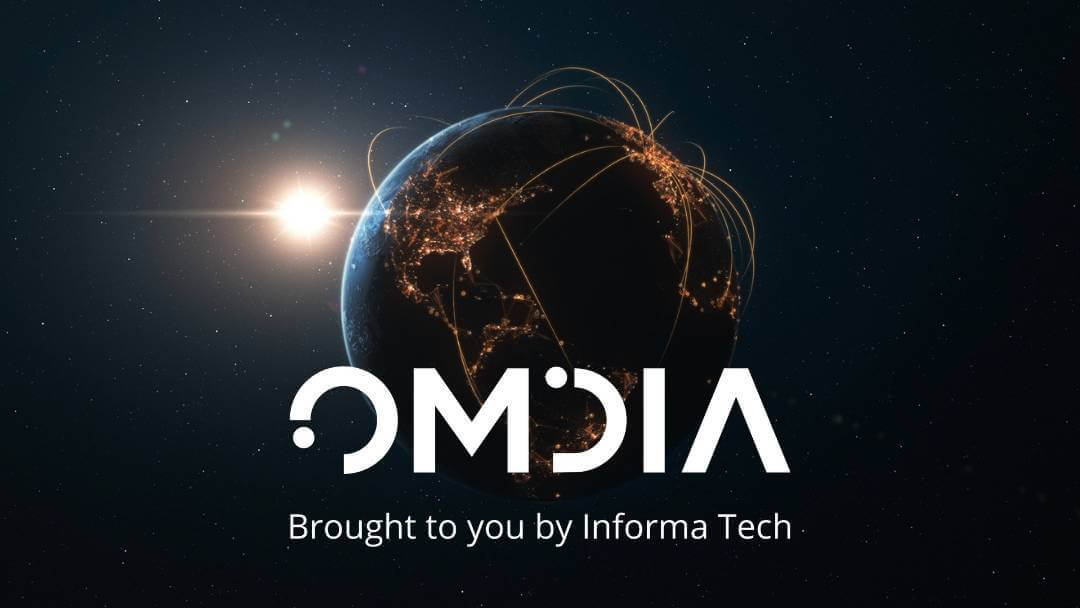How the digital healthcare revolution will be realized
These are just two examples and digital technology has revolutionized many industries that impact our lives. When you compare this to the healthcare industry, you find that the digital revolution has not really happened when it comes to the way people manage their health.
Of course, there is some fantastic technology in healthcare. For example, there has been great progress with electronic medical records in hospitals and with the use of artificial Intelligence (AI) in medical imaging.
It has just not taken off in the same way as it has in other sectors. Why is this? Well the way in which we access healthcare is a big reason. People's medical data is often held in silos. We visit different services for different conditions and the data does not get connected. It's just a very fragmented industry.
This is actually where current technology can help, giving us the opportunity to connect everyone with their complete health record, and connect them to the right clinical expertise. There are three priorities areas to focus on:
Enabling people to genuinely engage with their own care will open up more capacity for a digital health revolution. For example, the management of long-term conditions currently requires face-to-face consultations in clinics or hospitals, for every patient. The development of intelligent algorithms, created collaboratively between the clinicians and data scientists, can change this.
Many of the routine appointments for these conditions could be managed remotely through smartphones and wearable devices, certainly for patients with good control over their health. This would take pressure off a very busy clinical workforce. Patients would only require face-to-face appointments when their situation becomes more complex.
This new digital healthcare landscape would also amplify the voice of expert clinical staff globally. Supporting doctors and nurses with data-driven AI means access to world-class decision support at the point of care, almost anywhere in the world.
It would also function as a safety net against fatigue, bias and medical error. In areas with a skilled labor shortage, the technology can "upskill" the existing workforce to provide the best care available. This shouldn't distract from ongoing education efforts to improve clinical provision worldwide, but it's a parallel opportunity that we can't afford to miss.
There are other important differences between healthcare and other industries. The complexity of the field and the data underpinning it are magnitudes greater than the travel or banking sectors. In healthcare, we also can't afford to make any mistakes. Lives depend on this technology. We have to be aware of these issues, get the right people working in the field, and make sure our focus remains on high-quality science.
Technology is certainly not a panacea to solve all the problems of global healthcare delivery. However, by making citizens more engaged, ensuring continuity of care, and harnessing the power of big data, we can improve the experience of patients and clinicians, and start to get better healthcare outcomes around the world.
— Frank Hester OBE is the founder and CEO of healthcare technology company TPP.









